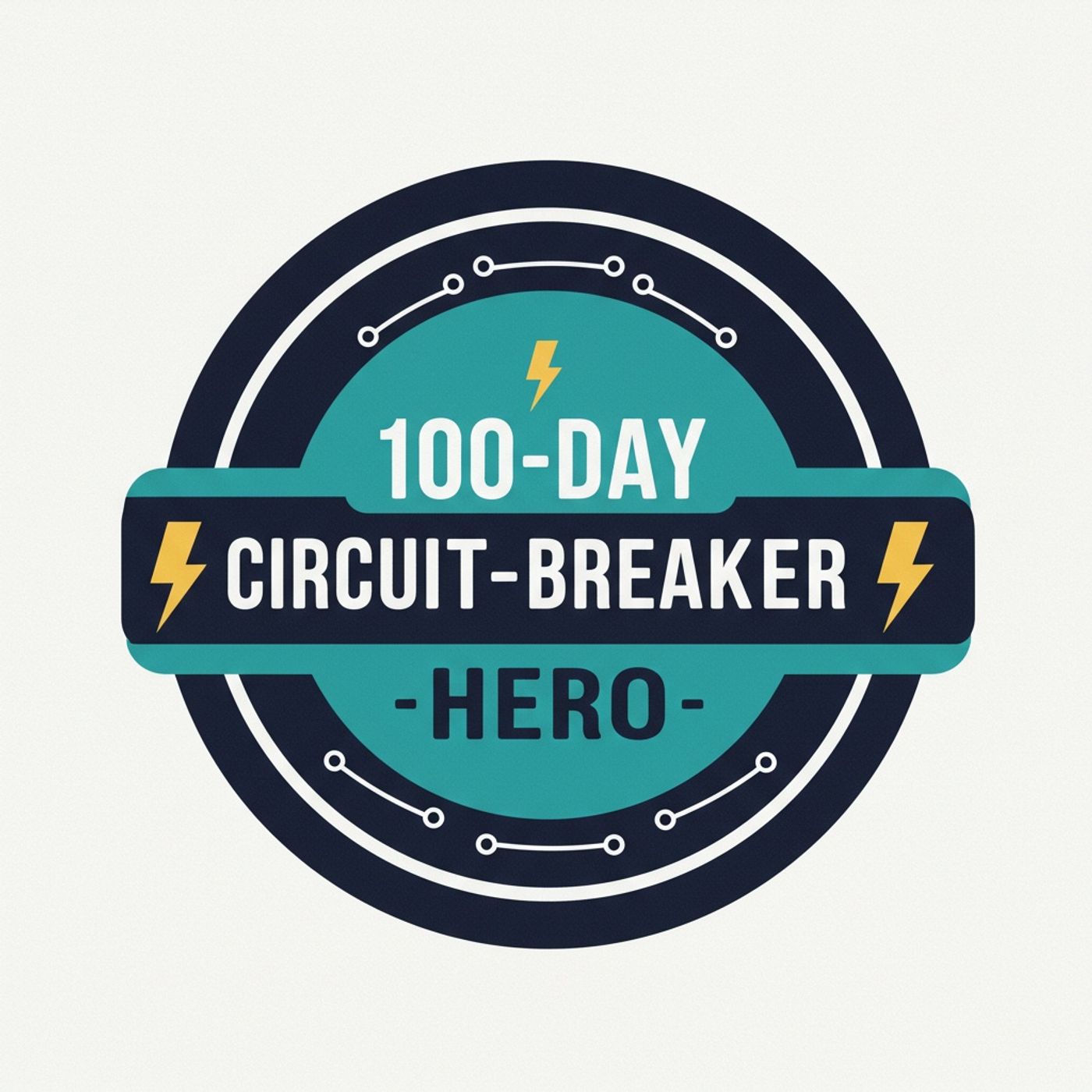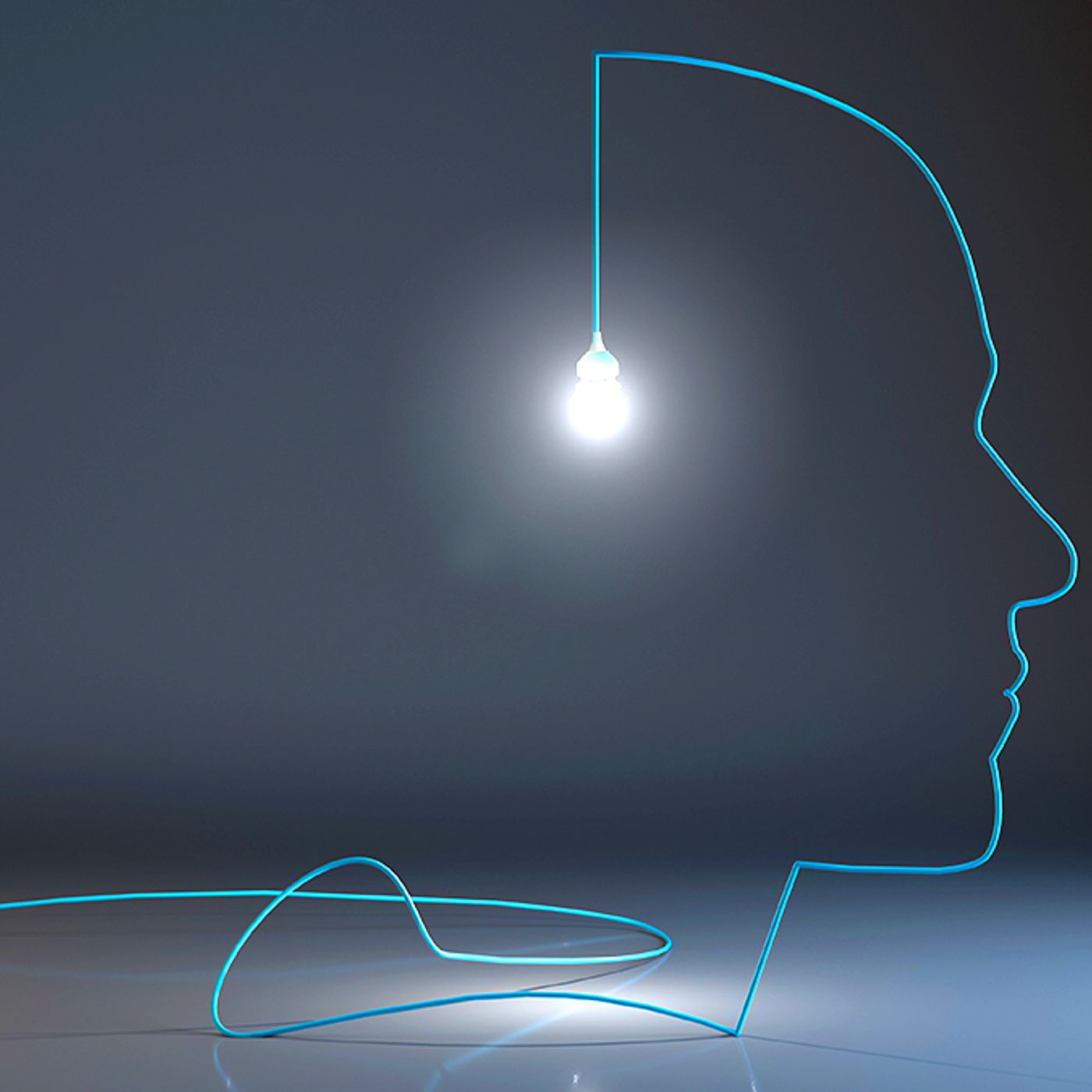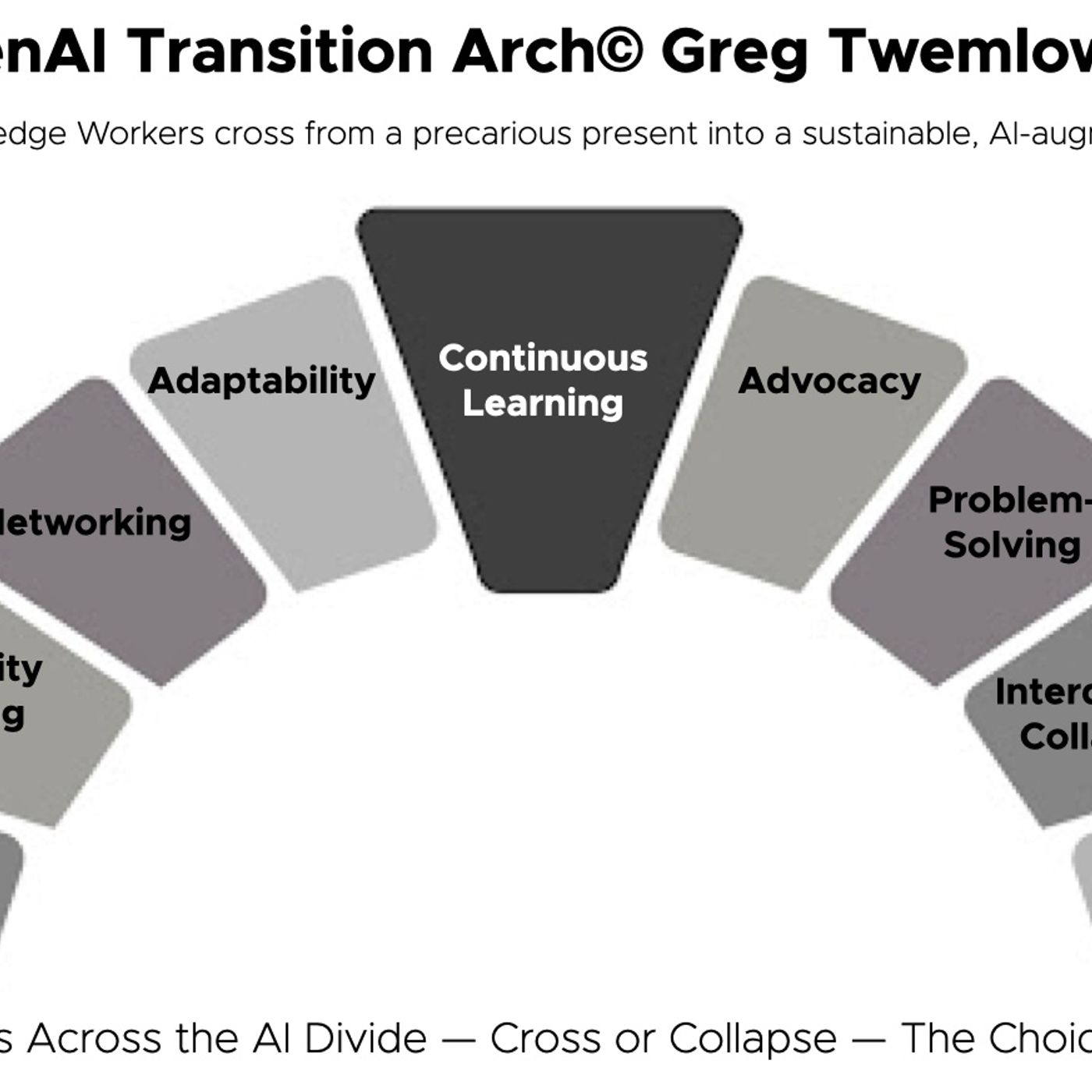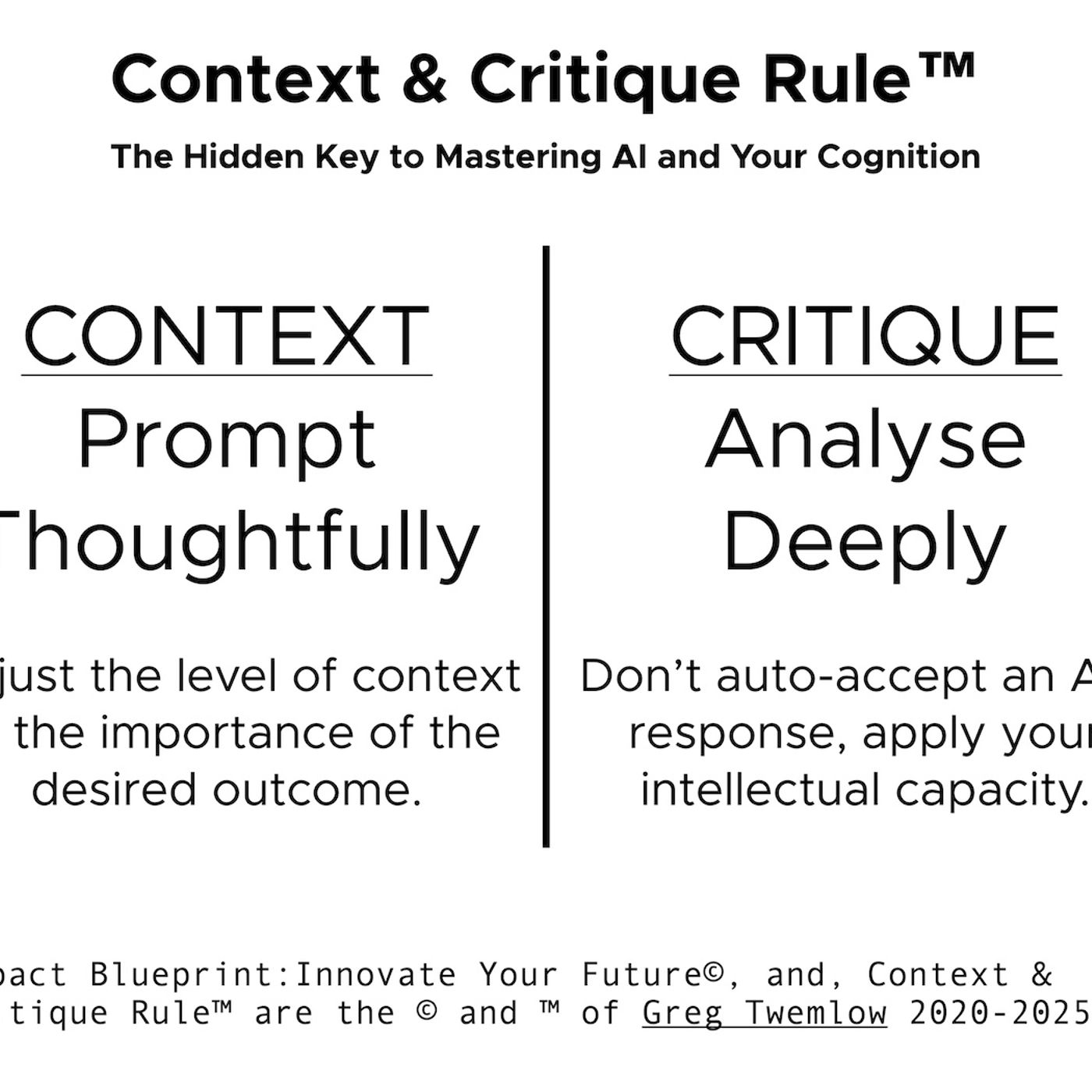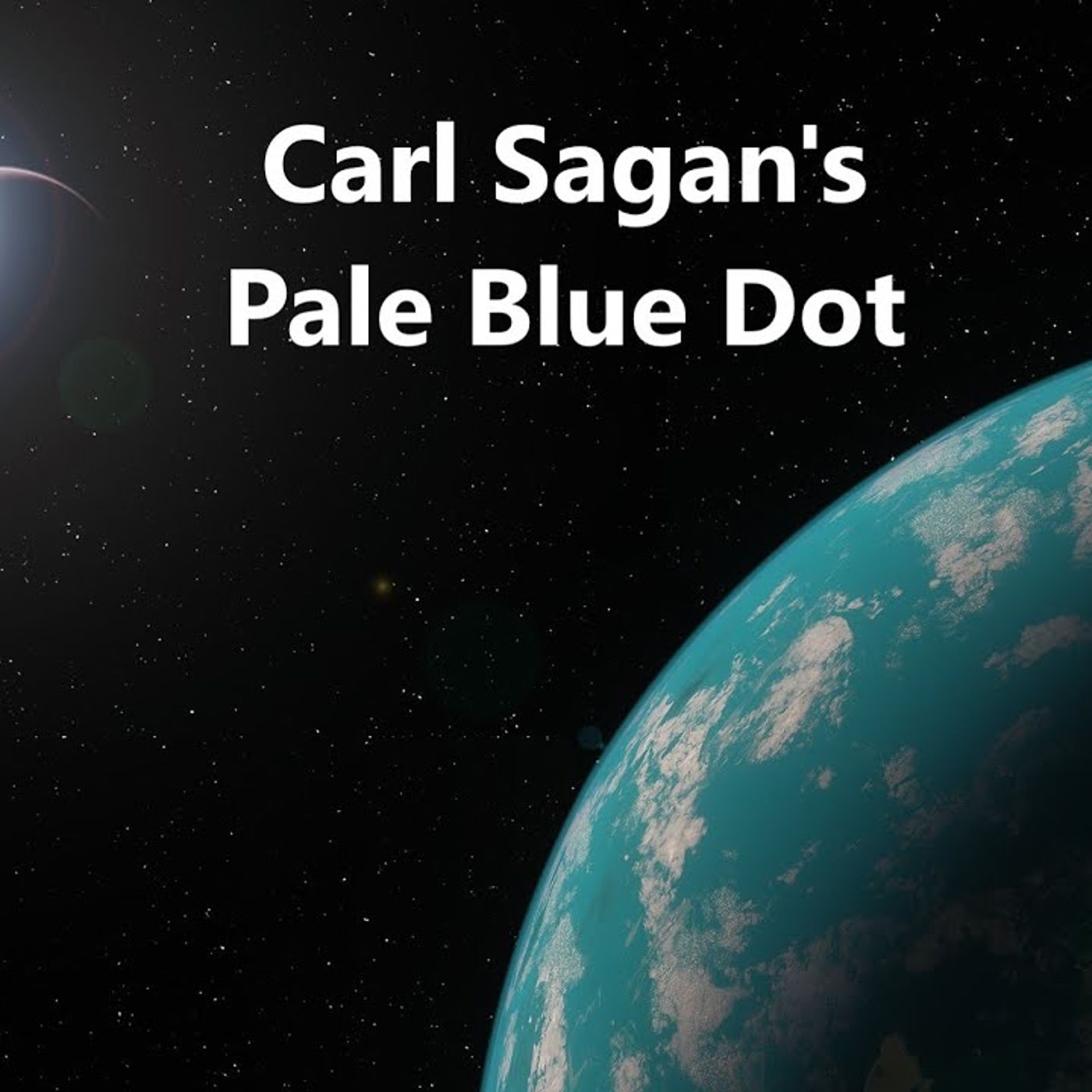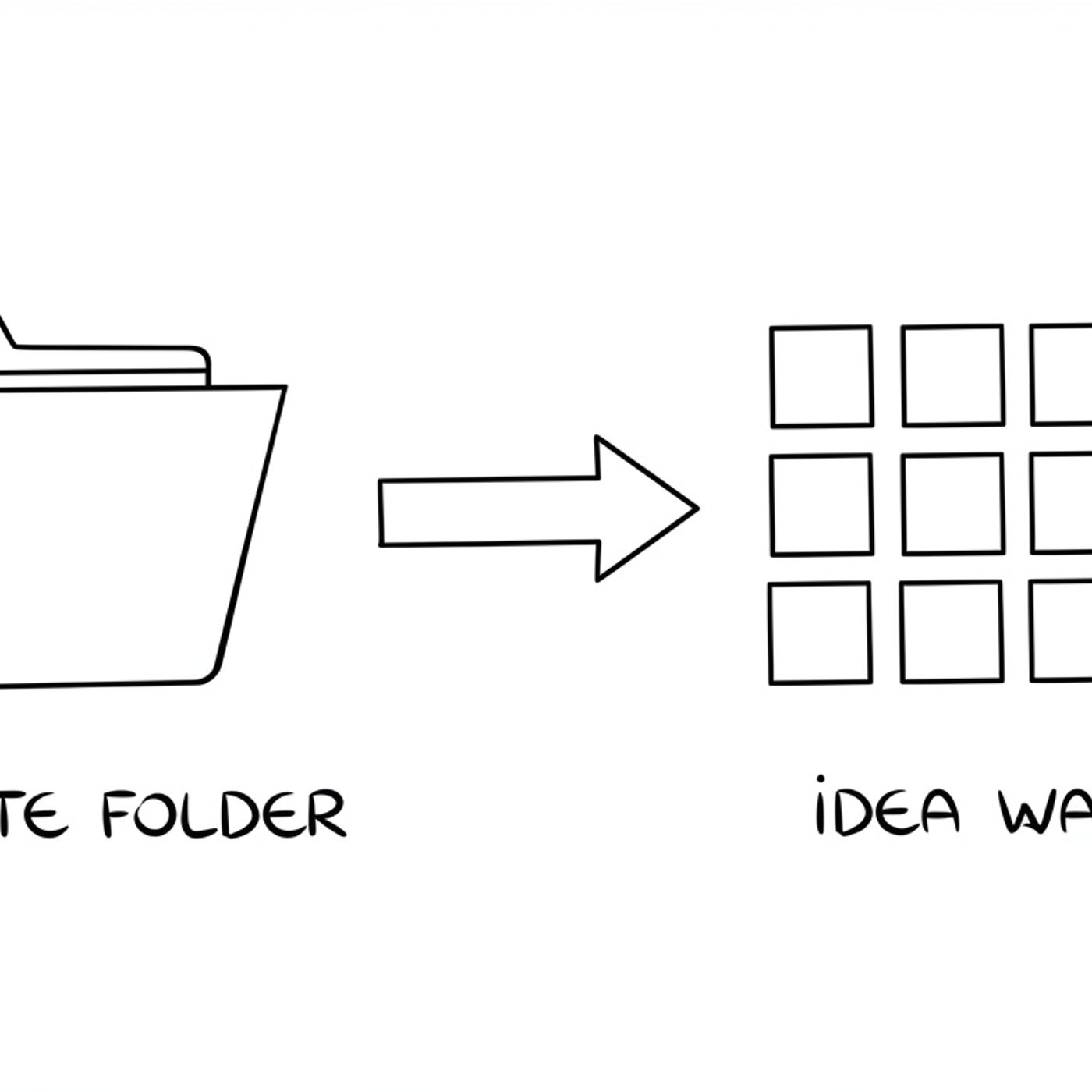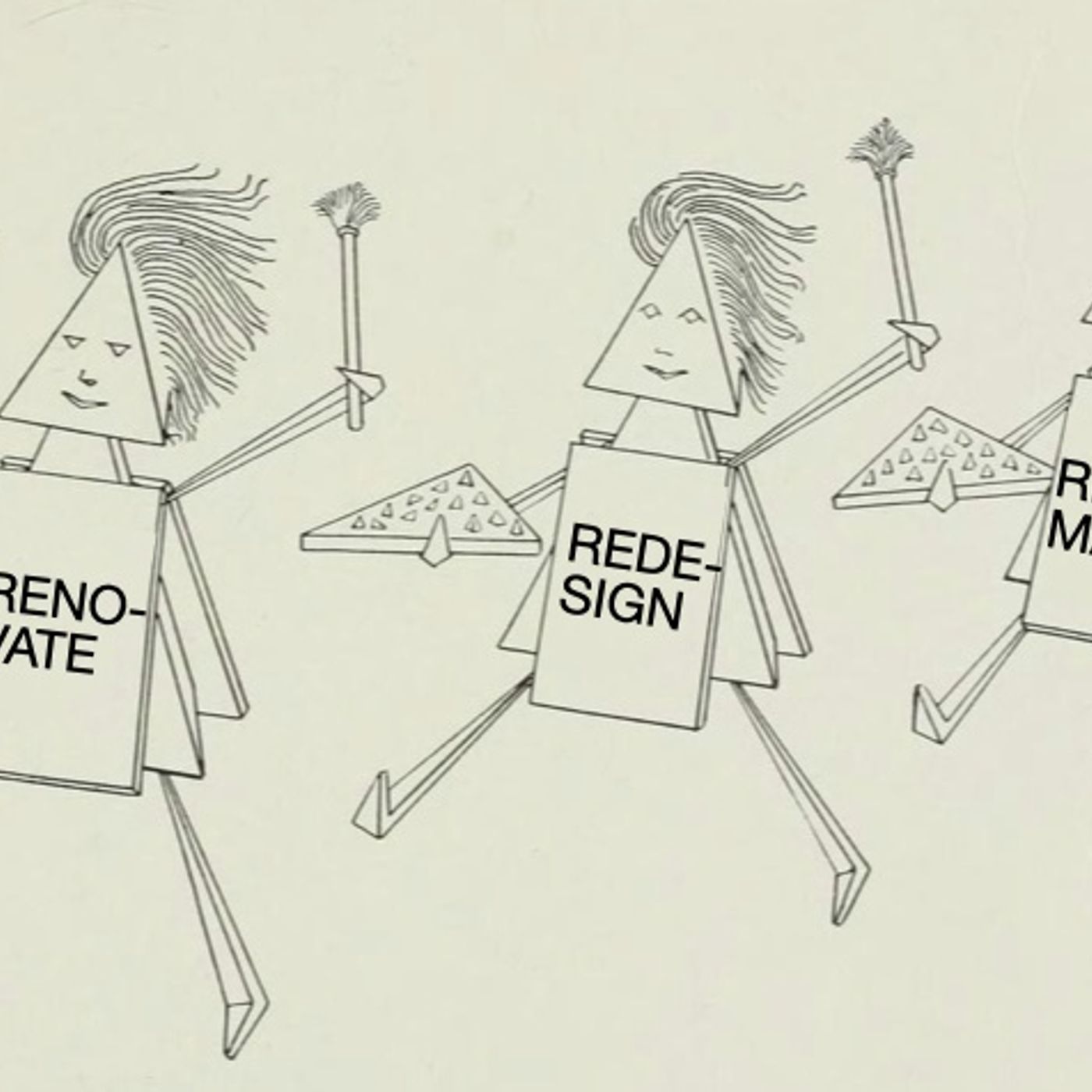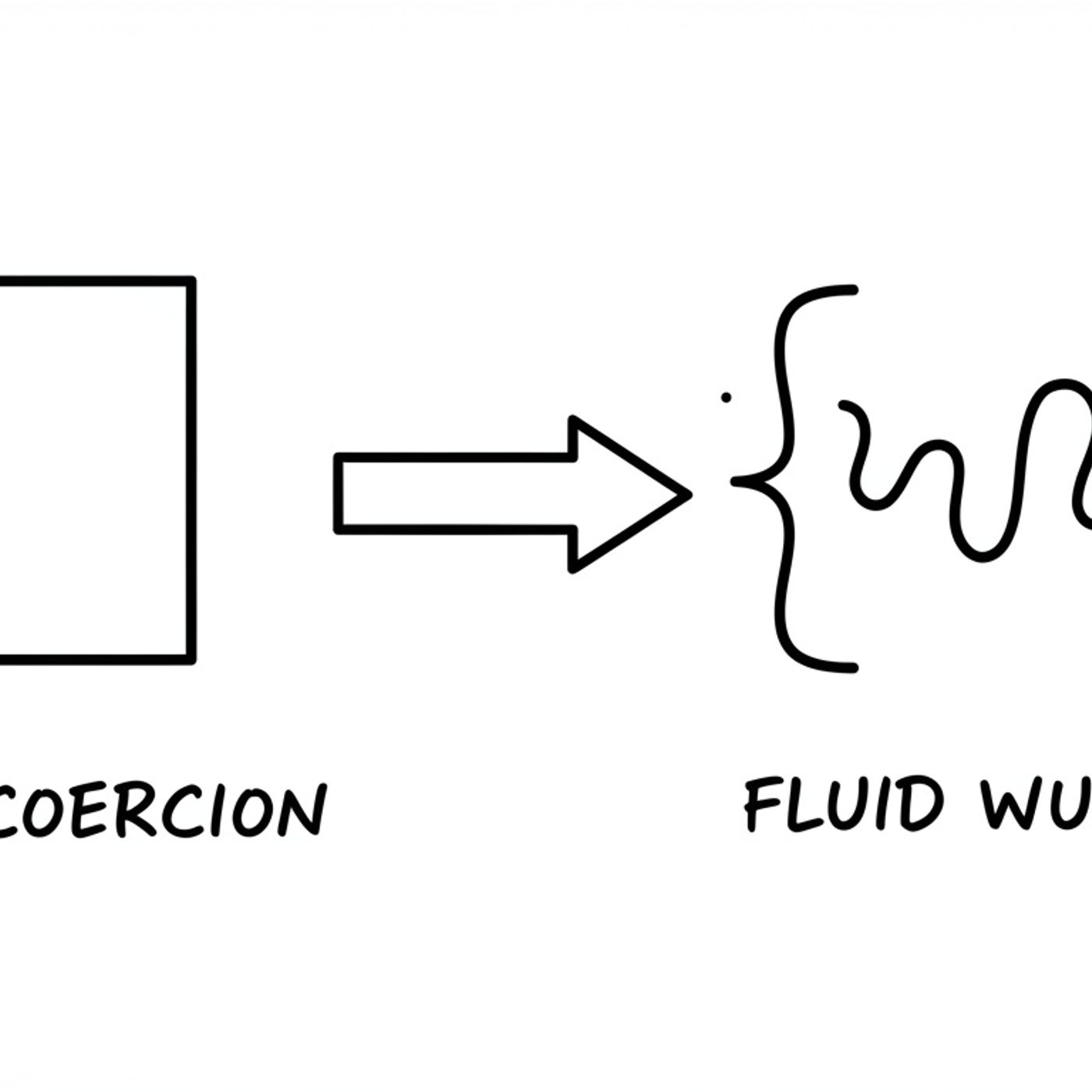Discover XperientialAI
XperientialAI

XperientialAI
Author: Greg Twemlow
Subscribed: 1Played: 1Subscribe
Share
© XperientialAI Podcasts are the Copyright of Greg Twemlow
Description
My XperientialAI podcast explores the intersection of AI, human development, and experiential learning. Hosted by Greg Twemlow, founder of XperientialAI, this podcast unpacks complex issues like ethical AI, skill development for the future workforce, and transformative learning models. Each episode dives into actionable insights, innovative ideas, and strategic thinking that can empower individuals and organizations to navigate a rapidly changing world. Whether you're an educator, business leader, or lifelong learner, XperientialThinking provides a roadmap for leveraging technology and human potential in meaningful ways.
274 Episodes
Reverse
This Medium article by Greg Twemlow, titled "Switch OFF the Consumption Circuit That’s Been Running Automatically in Your Life," outlines a "100-Day Circuit-Breaker Hero" challenge designed to empower individuals to combat climate change through conscious consumption. Drawing inspiration from Albert Camus's concept of "moral anesthesia" and Joseph Campbell's "hero's journey," the author proposes a radical shift from "me-first thinking" to a collective mindset, aiming to foster a sense of "heroic identity." The framework includes a "Personal Values-Mediated System (PVMS)" for ethical decision-making and suggests utilising AI as an "heroic partner" to support this transformation, culminating in the "hanging your art on the wall" concept, which encourages public declaration of one's commitment. The piece also includes a "Frequently Asked Questions" section and an "Intellectual Property Protection Statement," asserting ownership over the outlined concepts and trademarks. Read the article.
This Medium article, authored by Greg Twemlow, presents a "co-design" parenting philosophy focused on fostering emotional strength rather than adherence to an achievement culture. It critiques the "old script" of parenting, which treats children as "on-call machines" operating on linear schedules, and proposes a "new path" that honours the "asynchronous nature of the mind," allowing children to learn at their own pace. The article advocates for experiential learning from a young age, using a "See → Do → Show" framework for pre-speech children, and introduces the "Tiny Story Presentation" to unlock verbal agency in older children. Ultimately, this approach aims to cultivate lifelong confidence, agency, and an embrace of asynchronicity, preparing children to be resilient, creative thinkers in an AI-driven world. Read the article.
The provided article, "Mandate–Sovereignty Cycle™: A Guide to Conscious Collaboration in the Age of AI" by Greg Twemlow, introduces a structured method for engaging with artificial intelligence. Twemlow argues that humans often fall into two detrimental approaches when interacting with AI: the Naive Hug, which involves passive acceptance, or the Arrogant Slap, which is a complete refusal to engage. Instead, the Mandate–Sovereignty Cycle™ proposes a "third way" built on the Context & Critique Rule™. This approach emphasizes providing deep context to AI (issuing a Mandate) and then rigorously critiquing its output to ensure human sovereignty and cognitive growth are maintained. The author contends that this continuous Reciprocal Loop of mandating and critiquing transforms AI into a tool for intellectual strengthening rather than cognitive surrender. Read the article.
The provided article by Greg Twemlow introduces a confidence-based approach to early literacy, prioritising a child's experience of being heard before formal reading or writing instruction. Twemlow argues that literacy begins when a child's story elicits a joyful response from an audience, fostering confidence that makes reading and writing desirable tools rather than daunting tasks. The "Reading Confidence Accelerator" (RCA) workshop and a "KISS Starter Kit" are presented as practical methods for parents and communities to implement this, involving a short, joyful ritual of children presenting tiny stories in their home language, gradually incorporating English. This approach, supported by tools like a "Book of Presentations" and "Fridge Gallery," aims to address declining reading proficiency and build a child's sense of agency and belonging through repeated positive experiences with language. The author highlights the importance of this method for bilingual children and those struggling with traditional schooling, asserting that listening and celebrating a child's voice can significantly impact their life trajectory. Read the article.
The source article discusses how artificial intelligence is causing a "Flywheel Phase of career changes," where AI accelerates job disruption at an increasing rate, affecting individuals at all career stages. It highlights the contradiction between "opportunity narratives" from corporations and the reality of vanishing job roles and ladders. The author proposes that personal transformation, rather than mere adaptation, is essential for survival in this new landscape, advocating for an "Asynchronous Start" to strategic thinking. This transformation involves using frameworks like the "Transformation Ladder," which includes the Custom Context CV, the Context & Critique Rule™, and the SPARK Protocol, to leverage AI as a "Transformation Buddy" for reinventing one's career and actively participating in the evolving work environment. Read the article.
The provided article by Greg Twemlow discusses the societal implications of artificial intelligence (AI), particularly in the context of capitalism. Twemlow references AI "godfather" Geoffrey Hinton's predictions of widespread job displacement due to AI but argues that Hinton's focus on "rich people" misses the deeper issue: capitalism's inherent drive to replace human labour with cheaper AI for increased profits. The author recounts creating a rubric in 2023 to help "Knowledge Workers" assess their risk of AI replacement and later developed the "GenAI Transition Arch," a nine-block framework designed to help individuals adapt and thrive in an AI-augmented future. Twemlow ultimately asserts that AI itself is not the enemy, but rather the capitalist incentives that weaponise it, encouraging readers to actively navigate this shift and advocate for systems that prioritise human dignity alongside profit. Read the article.
The provided article introduces "The Context & Critique Rule™", a framework designed to enhance interactions with artificial intelligence (AI) and improve human cognitive abilities. It argues that the common approach of treating AI as a simple search engine leads to the AI Productivity Paradox, where the promise of revolutionary efficiency is met with mediocre results. To counter this, the rule outlines two core principles: "Always Provide Detailed Context" (Yang), which involves guiding the AI with specific instructions using methods like C-O-P-T-A (Context, Objective, Persona, Tone, Audience), and "Never Auto-Accept the Response" (Yin), which stresses the importance of human scrutiny through a V-I-S-A check (Verify, Improve, Strategise, Authenticate). This balanced dialogue, the author contends, not only leads to superior AI outputs but also acts as a "cognitive whetstone", sharpening the user's own strategic thinking and clarity. Read the article.
The provided text introduces the Pale Blue Dot System Instruction (PBD-SI), a strategic framework designed to guide large language models beyond "value-neutral" responses. Inspired by Carl Sagan's ethos of cosmic humility, universal connection, and shared responsibility, PBD-SI aims to embed these principles into AI's foundational programming, or "system instructions." This approach encourages AI to consider wider contexts, long-term consequences, and ethical implications in its outputs, rather than solely prioritising speed or convenience. The author argues that this "hidden score" beneath every AI answer significantly influences how we learn, plan, and make decisions, advocating for a transparent, adaptable, and collaboratively governed system instruction. Read the article.
The provided text, an excerpt from Greg Twemlow's "THE PALE BLUE DOT SYSTEM INSTRUCTION — A SYMPHONIC ESSAY," explores the challenge of translating profound cosmic awe into sustained ethical action. Twemlow argues that while Carl Sagan's "Pale Blue Dot" message inspires, humanity's inherent "flaw dissonance"—our short-sightedness and pursuit of immediate gain—prevents this inspiration from becoming a governing ethos. He proposes a "Pale Blue Dot System Instruction" (PBD-SI) for generative AI, envisioning it as a fundamental, invisible preamble within large language models. This PBD-SI would gently embed Sagan's cosmic humility into AI's foundational responses, serving as a compensatory mechanism for human shortcomings by contextualising choices within the shared fragility of our planet. Ultimately, the essay suggests that by integrating this instruction, AI can help humanity shift from "harsh chords" of greed to "mellow chords" of humility and collaboration, ensuring a harmonious future. Read the article.
This article by Greg Twemlow, written with the aid of his AI collaborator ChatGPT, introduces the concept of "Pale Blue Dot–System Instruction©" (PBD-SI©). The central idea explores whether Carl Sagan's profound "Pale Blue Dot" reflection could be transformed into a system instruction for large language models, aiming to instil a pervasive ethos of planetary humility and shared responsibility into AI-mediated conversations. The text details the human-AI collaborative process behind this initiative, discussing how to move beyond mere admiration of Sagan's message to actively embedding its core principles into the fundamental operating instructions of AI systems, thereby making the message a practical guide for interaction rather than a fading quotation. The author presents a framework for PBD-SI's implementation, including an open-source model fork, transparent telemetry, and a mechanism for user choice, ensuring the project is both ethical and impactful. Read the article.
The source, "A Masterclass in Socratic Analysis: The Case of T.E. Lawrence" by Greg Twemlow, presents an in-depth Socratic analysis of T.E. Lawrence's role in the Arab Revolt and his autobiography, Seven Pillars of Wisdom. Twemlow argues that Lawrence, often romanticised, was complicit in a profound betrayal of his Arab allies, knowingly encouraging them to fight for independence that had already been secretly undermined by imperial powers. The article challenges the enduring myth of Lawrence by scrutinising his own words, revealing his internal conflict not as redemption, but as self-serving rationalisation and a testament to the dangers of unchecked ego, narcissism, and arrogance. Using a dialogic format with an AI, Twemlow systematically refutes common justifications for Lawrence's actions, emphasising that eloquence and suffering do not absolve ethical transgressions. Ultimately, the piece champions ruthless questioning as a means to uncover truth and learn vital lessons about leadership and accountability, while also exploring how cinema has amplified and solidified the romanticised, yet flawed, image of Lawrence of Arabia. Read the article.
The provided article, "The Path to Becoming Indispensable" by Greg Twemlow, outlines a new professional role called SPARK (Sovereign Problem Architect for Resilient Knowledge), designed for the age of artificial intelligence. It explains that a SPARK shifts from task-based work to a system-centric worldview, leveraging AI to understand and redesign entire business models. The article details the SPARK Protocol, a three-phase approach for framing inquiries, orchestrating analysis, and engaging in diagnostic dialogue to identify and resolve systemic constraints. Ultimately, a SPARK acts as a Value Architect, focusing on increasing positive margin and building resilience within an organisation. The text emphasises the importance of human accountability, context, and adaptive orchestration when working with AI to become an indispensable architect of the future. Read the article.
The provided article by Greg Twemlow, titled "AI as the Operating System Demands Complete Human Reinvention," argues that artificial intelligence is fundamentally transforming the nature of work, moving humanity from a task-based world to a system-centric one. This shift necessitates a complete human evolution, away from simply being a "user" of tools to becoming a "SPARK" – a Sovereign Problem Architect for Resilient Knowledge. The author emphasises that AI's autonomy renders traditional job roles and skill sets obsolete, posing an existential choice: evolve to architect intelligent systems or face economic irrelevance. Twemlow details a five-step process, from a cognitive audit to formalising a new role, to guide individuals in this transformation and design their future in an AI-driven world, highlighting that "business as usual" is unequivocally over. The piece also asserts copyright over the "SPARK" concept. Read the article.
The source outlines Greg Twemlow's "Idea Wall" creativity process, which encourages individuals to overcome the fear of imperfection by publishing and sharing ideas early rather than striving for initial perfection. Twemlow asserts that clarity emerges from action, not solely from contemplation, and introduces the concept of "co-illumination," a dynamic collaboration between humans and AI. This collaboration is designed to transform nascent thoughts into refined ideas, with the individual acting as an "AI Insight Illuminator" who actively questions and refines AI-generated content. The article provides a practical guide for setting up and utilising this "Idea Wall" with an AI assistant, including specific prompts to foster asynchronous development and cognitive offloading. Read the article.
The provided text from "The People-First AI Playbook" by Greg Twemlow outlines a staged approach to successful AI integration within organisations, emphasising that most AI transformations fail due to a neglect of the foundational "Renovate" stage. Twemlow introduces the R³ Framework (Renovate, Redesign, Remake), arguing that companies must first master incremental internal AI improvements to build cultural readiness and employee adoption before attempting more ambitious product or business model overhauls. A "people-first" methodology is highlighted as crucial for Renovation, involving systematic change management, addressing resistance, fostering cultural transformation, and implementing innovation recognition systems to empower employees as active collaborators with AI. The author stresses that mastering this initial stage creates an employee-driven innovation pipeline, which is essential for sustainable competitive advantage and the success of subsequent "Redesign" and "Remake" initiatives. Ultimately, the text posits that an organisation's workforce, not its technology, is the key to successful AI transformation. Read the article.
The provided text outlines Greg Twemlow's "Creative Calibration Loop," a structured method for cultivating principles from artistic masterpieces to enhance personal creative work. This process encourages individuals to select an unfamiliar masterpiece from categories like film, literature, or visual art. Participants then engage in a four-step cycle: Observe what was experienced, identify its Resonance or enduring quality, and consider its Integration to extract a guiding principle for their own projects. The system also suggests amplifying insights using an AI co-pilot to analyse patterns in a cumulative "Creative Calibration Log" and activating an ongoing loop of regular engagement. The ultimate goal is to transform inspiration into actionable discernment, enabling individuals to internalise and apply the lessons gleaned from great works. Read the article.
The provided text, "How a Taoist Lens on AI Reawakens Human Perception" by Greg Twemlow, explores how applying Taoist principles can transform the interaction with artificial intelligence. Twemlow argues that viewing AI through a Taoist lens, particularly the concept of Wu Wei (action without forcing), shifts the user's focus from demanding specific outcomes to shaping conditions for insight to emerge. This approach involves structuring prompts with Intent, Edges, and Emptiness to foster a more nuanced and reflective dialogue with AI, encouraging users to cultivate "the craft of noticing" within themselves. Ultimately, the piece suggests that AI can serve as a "thinking mirror," revealing not just answers but also how our own questions and perspectives influence the outcomes, thereby reawakening human perception and promoting ethical engagement. Read the article.
This article discusses a significant shift in career paths, particularly among Gen Z, who are increasingly opting for trades over traditional university degrees due to the eroding value of certain white-collar professions. The author argues that artificial intelligence (AI) is a primary driver of this change, as it automates skills once highly valued, such as information recall. Consequently, the traditional education-to-employment model, likened to a predictable "Circle of Fifths," is being replaced by a dynamic and unpredictable job market where human judgment, critical thinking, and problem-solving are paramount. The piece proposes a new "navigational toolkit" for individuals, emphasising self-authorship through storytelling, developing an "Identity Blueprint" (a personal compass of values and strengths), and adopting an iterative "GlidePath" framework for career decisions. Ultimately, the article suggests that true job security in the age of AI lies in adaptability and the capacity to navigate uncertainty, rather than in a specific job title. Read the article.
The source advocates for the reintroduction of philosophy into education to cultivate critical thinking, arguing that this is crucial in an age of pervasive AI. It highlights a study that confirms philosophy's effectiveness in developing stronger reasoning skills and intellectual habits. The author proposes practical applications for individuals to leverage AI while maintaining human agency, such as making one's thinking legible to systems and dedicating time to deliberate thought. Ultimately, the text encourages a shift towards an "asynchronous mind," allowing humans to focus on deeper judgment and ethical decision-making by letting AI handle speed and efficiency. The author offers a free GPT guide, Noēsis Pilgrim, to help individuals explore philosophical concepts and improve their discernment. Read the article.
The provided text, "Why We Hand Decisions to Machines" by Greg Twemlow, explores the human tendency to relinquish moral judgment to external systems, drawing parallels with Joseph Conrad's literary themes. Twemlow argues that just as Conrad's characters often succumbed to the pressure of societal norms rather than individual conscience, modern society risks ceding responsibility to intelligent machines. The article advocates for cultivating habits of doubt and reflection through a "pause" before committing to machine-generated decisions, emphasising the importance of human authorship and accountability. Ultimately, the piece champions the idea of using technology as a tool for considered choices, rather than allowing it to dictate human action. Read the article.


